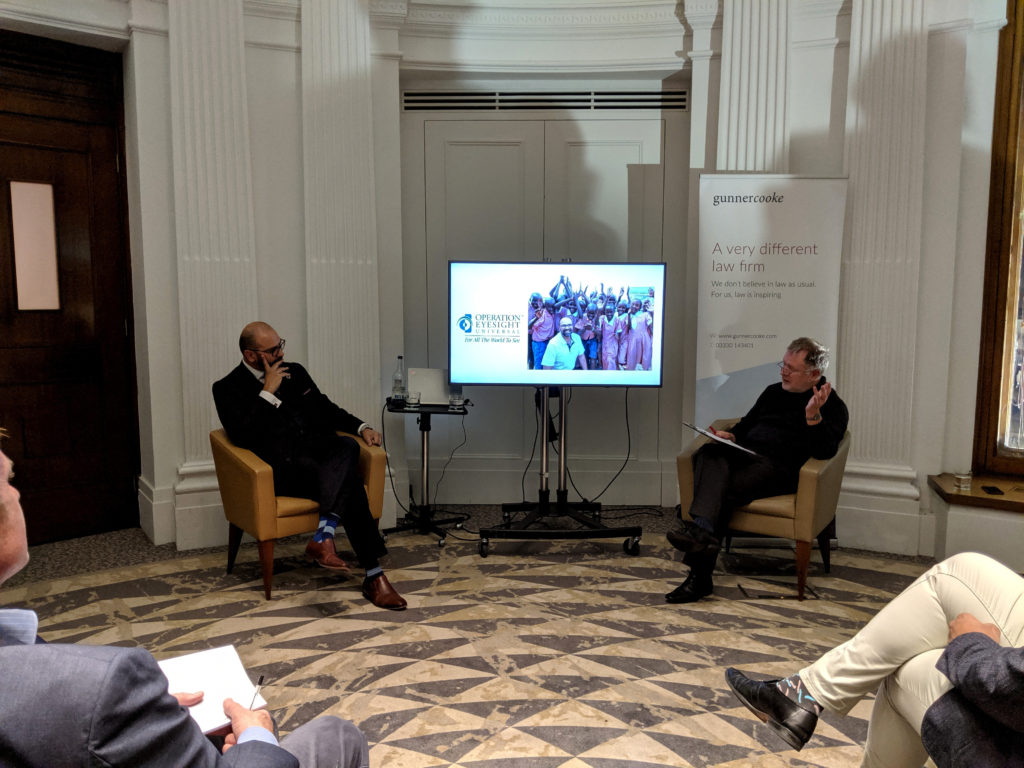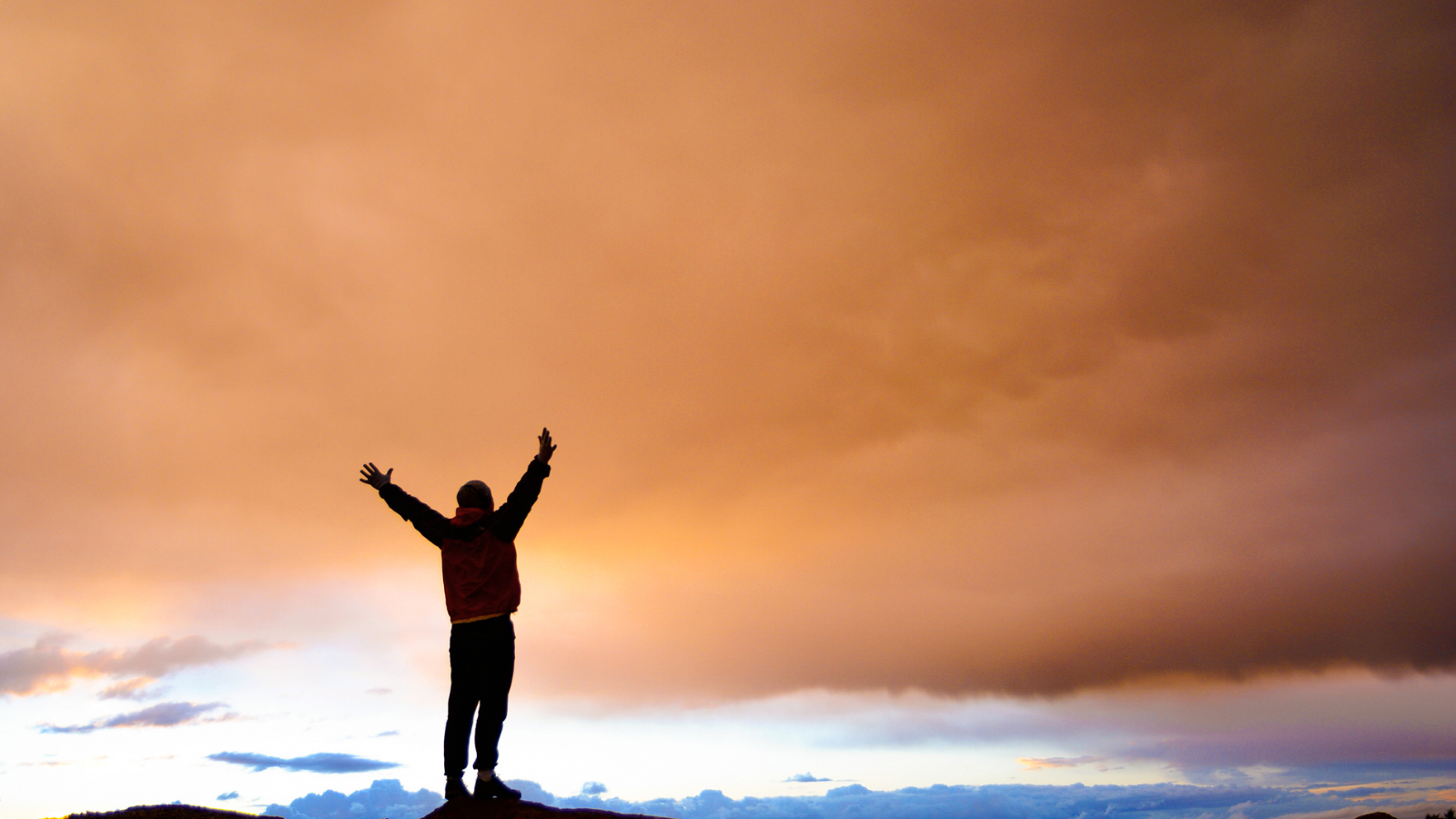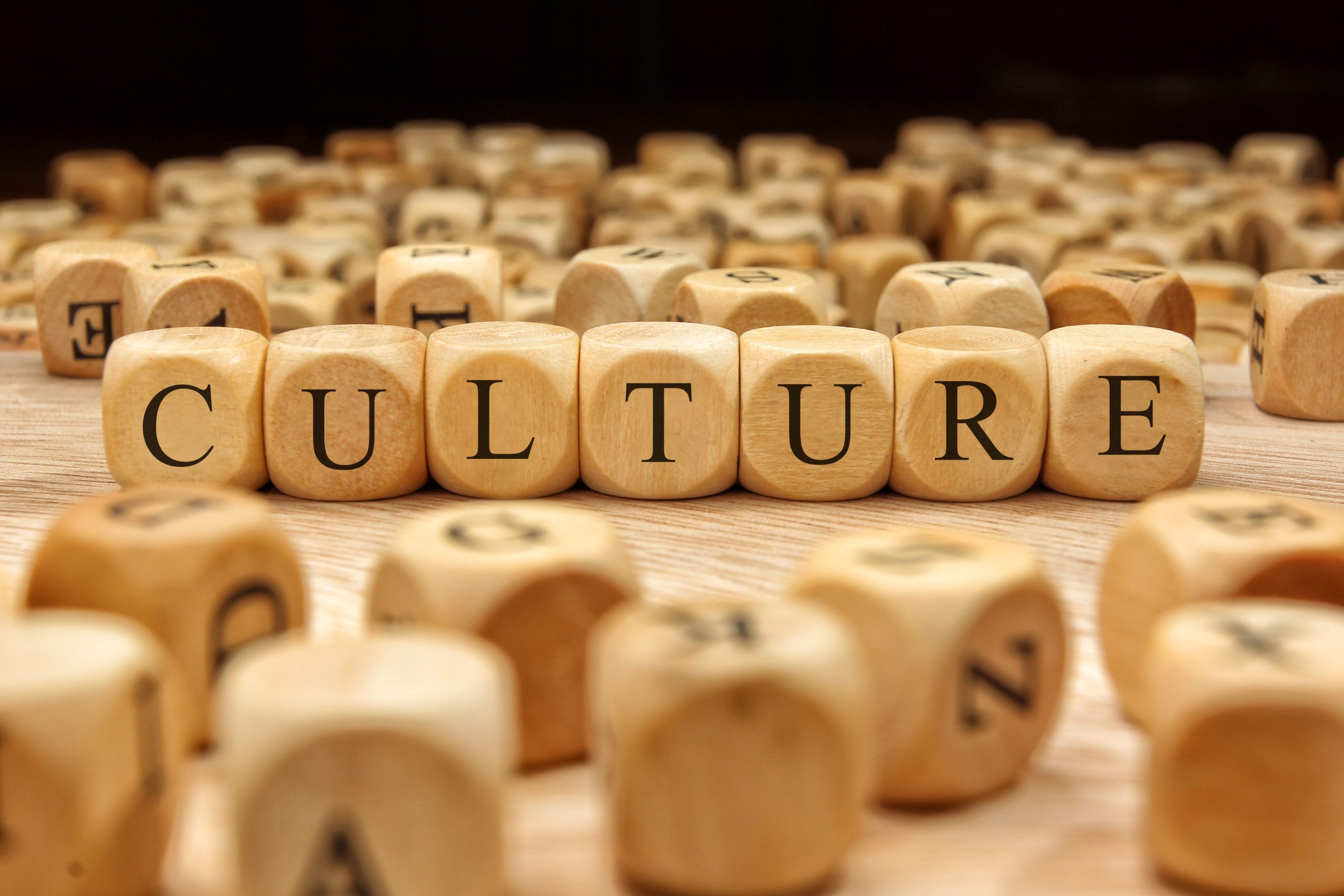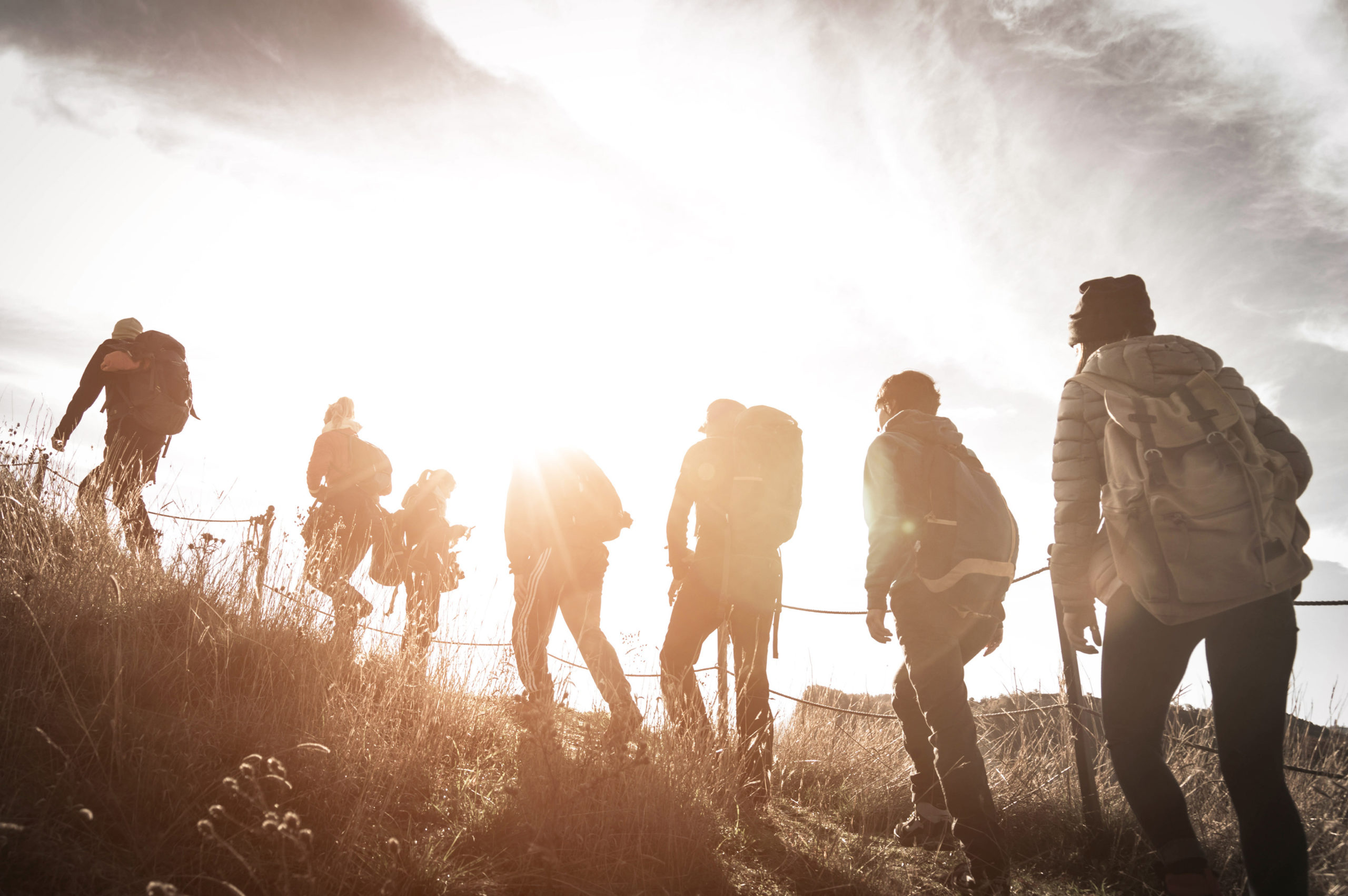- People
- Expertise
Our expertise
We are a team of more than 500 professionals, with the depth of experience which makes us genuine experts in our fields. Together, gunnercooke’s people have strength across just about every corporate discipline and sector. We provide legal, commercial and strategic advice that delivers real value to the clients we work with, which span from multinational enterprises through to unicorns and non-for-profit organisations. Our breadth of expertise covers some of the most interesting and important emerging disciplines, from ESG and charity law, to blockchain and competition.
Search by practice areaDispute ResolutionDispute Resolution OverviewMeet the Dispute Resolution TeamIntellectual Property DisputesFinancial Services & FinTech OverviewProceeds of CrimeEmployment TribunalTax InvestigationProperty Dispute ResolutionInsolvency DisputesMediationCivil Fraud & Asset TracingHealth & SafetyBusiness Crime & InvestigationsLitigation & ArbitrationInternational Arbitration - International
International Offices
The gunnercooke group has 15 main global offices across England, Scotland, the US, Germany and Austria, with further plans for growth in the coming years. These offices enhance the existing in-house capability of our dedicated international teams and dual-qualified experts that cover Spain, France, Italy, Portugal, Brazil, China, India, Poland and Hungary. Our team have clients across 123 jurisdictions, speak 46 languages and are dual-qualified in 21 jurisdictions. Our expertise means we can offer large teams to carry out complex cross-border matters for major international clients.
- Our story
Our story
gunnercooke is the fastest growing corporate law firm in the UK, now making its mark globally. We comprise a rapidly growing number of experts spanning legal and other disciplines. Clients benefit from flexible options on fees to suit their needs, access to a wider network of senior experts throughout the relationship, and legal advice which is complemented by an understanding of the commercial aspects of running a business.
- Reading Room
- News & Insights

CEO of Operation Eyesight, Ali Bandali on Inspiring Leadership
On a recent trip to UK, I was invited to speak to an audience as part of a series called Inspiring Leadership, initiated by a law firm called gunnercooke LLP. I was excited to participate as it’s a great opportunity to talk about the culture and future direction of Operation Eyesight.
I highly commend gunnercooke for creating this series that will no doubt shape the world, one dialogue at a time. My talk touched on Corporate Social Responsibility (CSR) programs – aligning business objectives with a company’s community investment strategy. Within the corporate sector, these programs have been traditionally housed within marketing and sales departments. Why not try to make more money as we differentiate ourselves from our competitors for giving back to the community? I can see the value in that. However, after millions, perhaps billions, have been spent, have we really made a difference? Have we impacted lives? Have the problems been solved? Cures discovered? I would argue that the needle has moved. But it seems that this is often more about ticking a box than making a conscious effort to truly make things better. The record has a lot of song left. These CSR programs typically delegate the responsibility to charitable organizations that face their own challenges to meet such large needs with more scrutiny than they can endure. That’s another topic I’m passionate about.
In part, charitable organisations have been good at stretching the impact of their donations at the lowest possible administration cost, but it has been proven that this is not the best measure of effectiveness and efficiency to deliver much needed programs and aid. Let me ask you, if you had a chance to ride to the moon, would you pick the rocket built by the lowest bidder or the one built by a company that was fiscally responsible but had the best possible talent working for it? Charities must be able to change the way they do business. Hire the best minds to find a new approach to solve the issues, effectively and in a sustainable way that empowers people and communities to proudly care for themselves in the future. I believe people who need help want to be part of that solution rather than handed a solution.
But we must not only talk that talk – we must walk it intentionally, authentically and deliberately. We must not rely on charitable organisations alone to solve the world’s problems in a vacuum. We must broaden our approach to identifying sustainable solutions to address critical humanitarian issues affecting the most vulnerable communities. My talk at gunnercooke focused on what the future of CSR and sustainability looks like. I believe that the UN’s Sustainable Development Goals (SDGs) provide the platform for change. The 17 goals target specific areas of focus that, when achieved, will empower and bring all of humanity together as one. Regardless of geography, economics, politics, race, gender, creed, etc., the SDGs provide a common focus on addressing global issues.
Getting back to the role business plays in helping communities, CSR programs can no longer be handled by simple delegation to a particular department. They must be thoughtful and deliberate on how the results will help move the needle with the SDGs and with the company’s own business alignment. We must then scale those programs and organizations. The idea of conscious capitalism is interesting because with consciousness comes deliberate action. With that, a charitable organisation should operate more like a business, with the same rigor shareholders have when investing in business but also with the same standards that are required of businesses.
The series, meant to inspire law and inspire business leaders, is building on a very important dialogue. All of humanity needs to come together to strive for self-worth and progress, regardless of the role each of us plays within a greater organization. Ultimately, we all need to be conscious of our role in working together to leave this world better than when we entered it.






